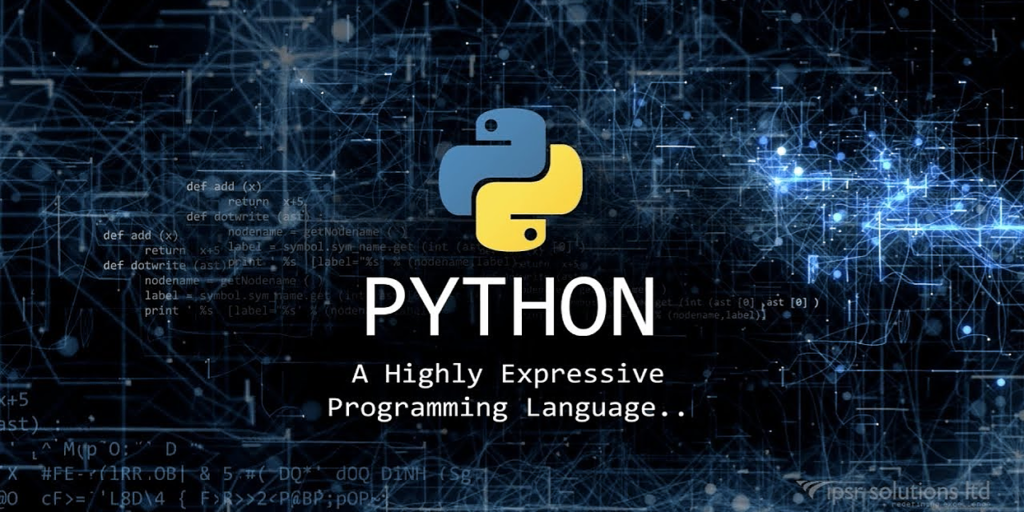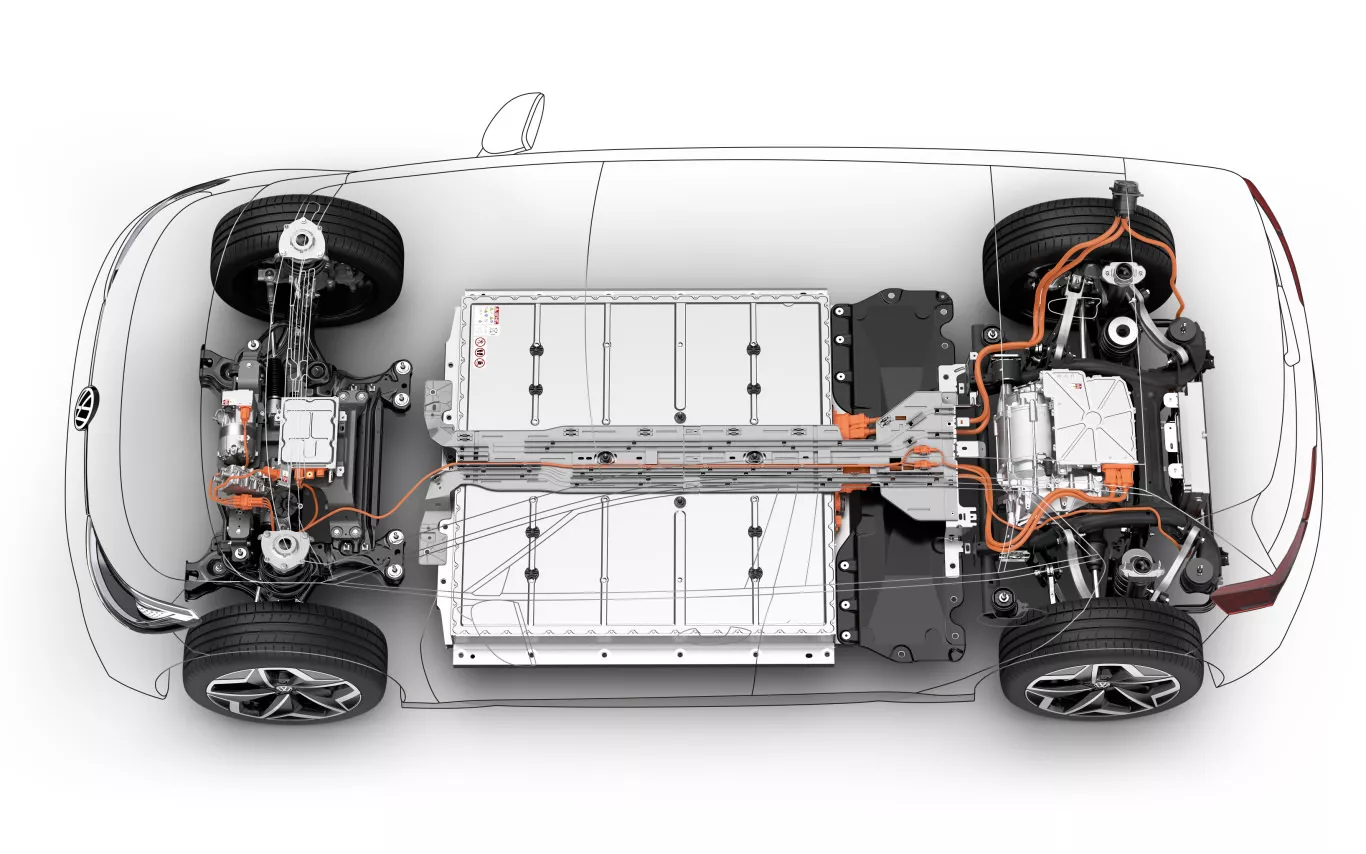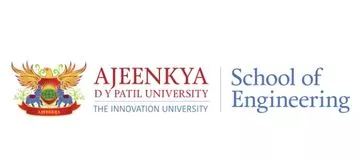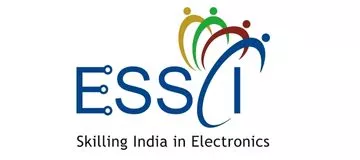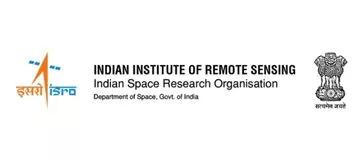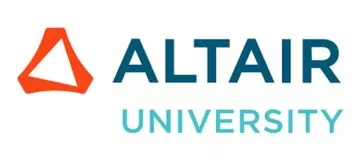Fundamentals of Python for Mechanical Engineers


About Basics of Python for Mechanical Engineers
The purpose of these walk-throughs is to give mechanical engineers a vision of how they can use Python in their own area of expertise and understand the scope of what is possible, whether for business or academia. As you walk through the showcase projects in this series you’ll also learn some of the different modes of writing and using python in an engineering environment. This program is designed in such a way that on every upcoming week one module is uploaded.
The importance of software in the modern automotive industry is paramount and growing. It is one of the primary innovation drivers today. Still, complex computerized automotive systems are built using mostly either non-state state-of-the-art or narrowly specialized programming languages and tools which are not able to support all the combined needs of automotive software development.
Python is perceived to be easy to learn, it has a number of books describing the way it works, and they are usually observably big. In comparison, a book on C++ is usually longer and can be subjectively harder to understand: unrestricted memory operations, complicated templates, diamond inheritance, etc. Python appears to be the most practical of all the languages compared. Python comes in handy for solving many practical problems.
DIY Project
Every DIYguru course comes with a Do It Yourself project which you can do and learn by doing at your comfort. Our goal is to make sure you are able to implement your learning in real-world scenerio.
Internship
Every candidate after successful completion of the project submit a pitch presentation video, explaining his/her project-oriented achievements and results, which enables them to do one month of internship with us.
Certification
We are the only platform in india approved by National Education Alliance for Technology - NEAT, AICTE, Ministry of Education, Govt. of India along with Automotive Skills Development Council.
Understand the EV architecture
Aquire deep knowledge in EV System architecture with thorough understanding of components in Electric Vehicles.
Benefits of learning from DIYguru
Proactive Program Support
Dedicated Program Manager to solve your queriesDual Certificate from Govt. of India
Avail certification from ASDC & AICTE, Ministry of Education, Govt. of IndiaLearn anytime anywhere
Learn through online videos by world class faculties.
DIYguru alumni are working at various roles in









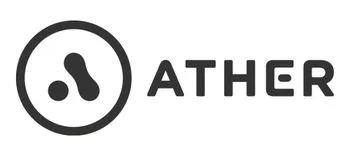



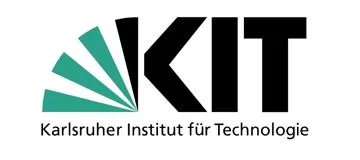





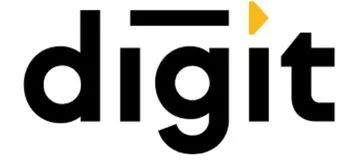




Who is this program for?
The program is designed for students or professionals who are:
- Office workers, students, small/home business workers, and administrators would want to improve their productivity.
- Aspiring software engineers who want to add skills to their programming toolbelt.
- Computer users who have heard the “learn to code” message, but want practical reasons to learn to program.
- Experienced Python software engineers can skip the first half of the course, but may find the later parts that cover various third-party modules helpful.
- While this course doesn’t cover specific development tools, this course would be useful for QA, developers, and admins who want to learn scripting in Python.
Specialized roles one can apply for after doing this course
This programme is tailored to help you improve your engineering skills as a student, recent graduate, or working professional with following expertise.
- Performance Engineers
- Lead Engineers
- Integration Engineers
- Powertrain Engineers
- Vehicle Engineers
- Vehicle Validation Engineer
- System Validation Engineers
- Sub-systems Engineers
- Chief Engineers / Assistant Chief Engineer
- Assistant Engineers
- Powertrain Chief Engineers
- Functional Engineer
- Performance Integration Engineers
- Attributes Engineers
- EV Operators
- Vehicle Assembling
- EV Entrepreneurs
- EV Technical Consultants
- Value Engineering Teams From OEMs
- Technical Experts
- EV Product Developer
- Cost Engineering Teams
- EV Research Scholars
- Retrofitters
What you’ll learn
- Automate tasks on their computer by writing simple Python programs.
- Write programs that can do text pattern recognition with “regular expressions”.
- Sending emails and texts.
- Crawl websites and pull information from online sources.
- Use Python’s debugging tools to quickly figure out bugs in your code.
- Introduction to Python
- Getting Started with Python FREE
- Basic Terminology
- Write a Program
- Flow chart and basic flow control
- If, else, and elif statement
- While Loops
- For loops
- Built-in functions
- Writing Own function
- Global scope & Local Scope
- Try and Except
- List data type
- For Loops with Lists, Multiple Assignment, and Augmented Operators
- List Methods
- Similarities Between Lists and Strings
- Dictionary Data Type
- Advanced String Syntax
- String Methods
- String Formatting
- Regular Expression Basics
- Regex Groups and the Pipe Character
- Repetition in Regex Patterns and Greedy/Non Greedy Matching
- Regex Character Classes and the findall() Method
Program Highlights
Self Paced Online Course
Learn from Industry Experts
Guided projects
24/7 Lifetime Support
Get the full curriculum
Download the full curriculum with topics and units explanation attached with the set of DIY Projects in this course.
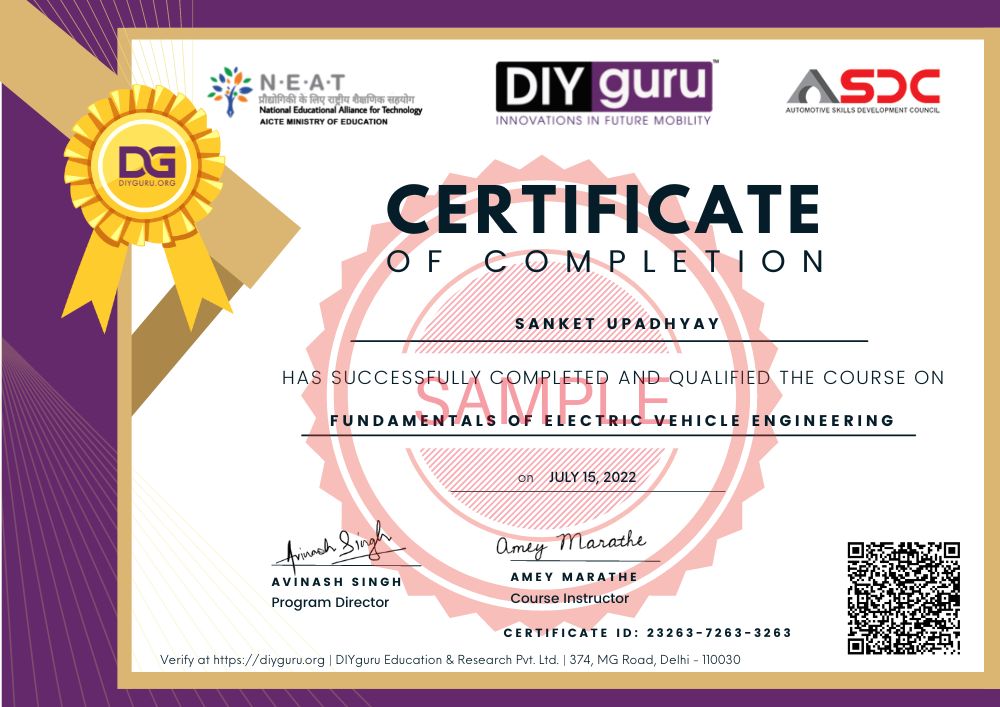
Sample certificate
Electric Vehicle Global Verified Certificate
Certified by ASDC, Automotive Skills Development Council & NEAT, AICTE, All India Council for Technical Education, Govt. of India
Learner Stories
Hear #PowerAhead stories of career growth from our learners
“DIYguru has helped us a lot in improvising the concepts of electric vehicle design & engineering for our experienced and fresh employees. The trainers are of high quality and knowledgeable in terms of delivering the contents and making things understandable. We look forward to having a continuous relationship.”
| R Shashi Kumar, Head HR – Robert Bosch Engineering
Learners love DIYguru
Here’s what some of our 40,000+ satisfied learners have to say about studying with DIYguru Team.

"Very informative course, high quality in terms of quizzes and assignments, liked the project at the end of the course. Oh, and great support. Can recommend this one to my friends and colleaugues. Being the very first player in EV industry, DIYguru has been crucial to the EV ecosystem development in india"

"I have known DIYguru since 2013 when the first version Autosports india was launched and in last 6-8 years the platform has emerged as the leading maker's learning platform in india. Form me the team behind DIYguru has been the best support all through the journey after Bachelors till my master's"

"Some of the best customer service I've ever seen. Great platform for mechanical and electrical engineers to learn EV!"

"This is truly a 5 star experience for youngsters in india! keen to learn about EV Technology"

"The platform has helped me personally to build my career in renewable energy in Canada. Hope to see DIYguru in Canada soon. Five stars!"

"liked the course with wide range of calculations in EV, all tutors are very supportive."

"Automotive design with incredible knowledgebase in terms of support from Baja Tutor community of DIYguru is wonderful experience. Documentation on the web is also good. "

"Amazing content and great support from DIYguru community"
Recent Placements
Avg. Salary Package > 3.5L
66% Alumni Career Transitions
73+ Hiring Partners
50% Average Salary Hike



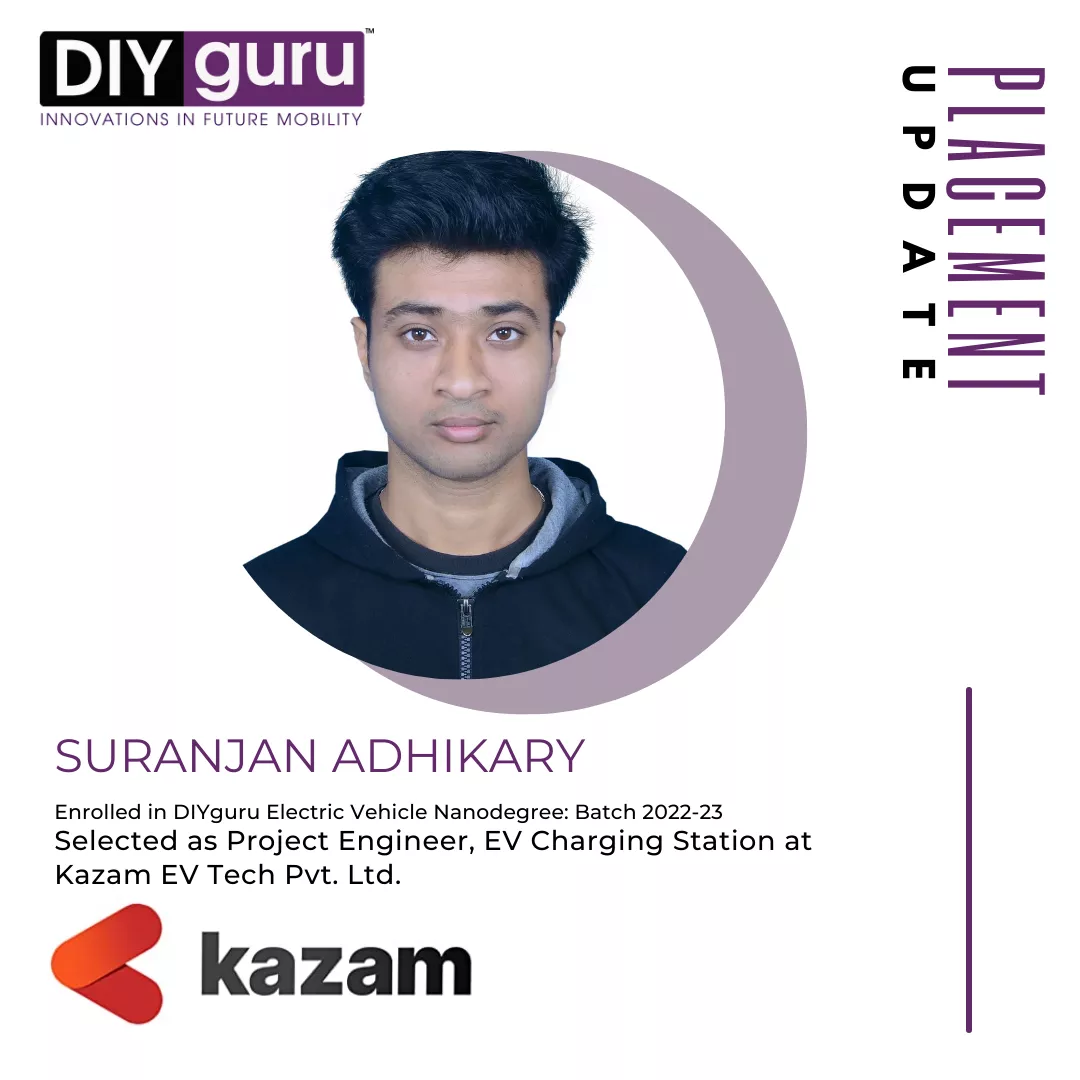


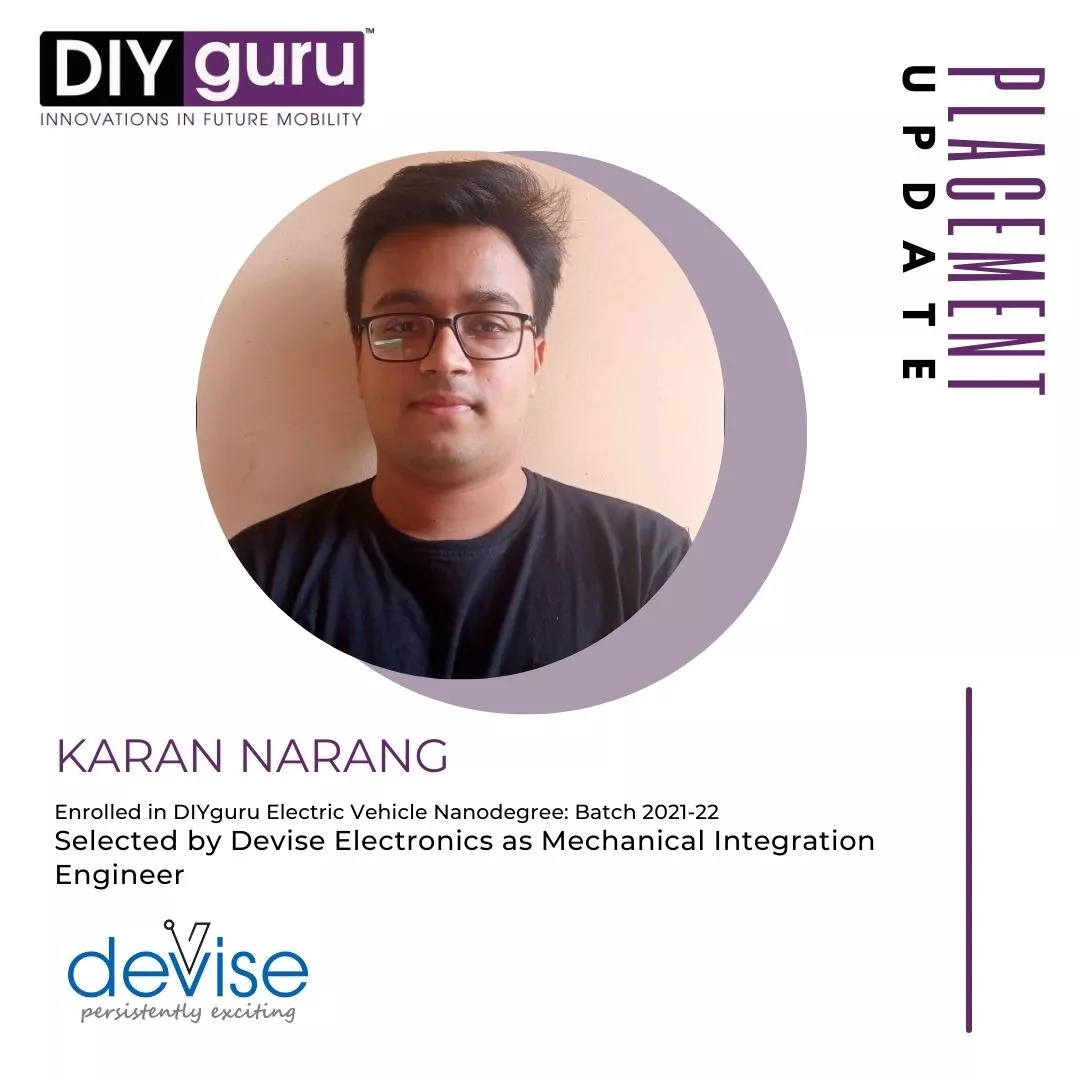




Featured In - Media Spotlight
Awards and Recognitions
Frequently Asked Questions
Specialization and Individual Courses can be done online mode only. To attend offline class you need to enroll for either Nanodegree or PG Diploma program.
DIYguru centers are located in Delhi, Pune, Bangalore, Nepal, Bangladesh, Malaysia and Germany. To see the address, check Contact section of website.
Yes, all the individual courses, Nanodegree Programs, Specialization Programs and PG Programs are govt. approved.
NEAT (National Education Alliance for Technology) - AICTE, Ministry of Education, Govt. of India & ASDC, Automotive Skills Development Council.
Min. 12th pass can undergo this course. Students and Working Professionals with ITI, Diploma, BE / B.Tech or equivalent in domains such as Automotive, Mechanical, Electrical, Electronics can pursue this course.
Three Month, however in case you are unable to finish the course in three month, you can request for an extension here - Contact.
Two minor Project + One Major Project (Mandatory)
No. For Practical Hands on Training, you need to enroll for either Nanodegree or PG Diploma Program.
Yes, DIY KITs are available for this course, To avail it simply click on enroll button and it will shop you the option of purchasing course specific DIY KIT.
Admission fee for this course is 20000 INR / 250 USD
During checkout, you will get the option of paying in EMI
You will be given 6 month access to this course, to get lifetime access, you need to pay 10,000 INR / 120 USD.
Admission process for individual courses is direct online, there is no requirement of any screening test. However for Nanodegree and PG programs, you need to appear for test before taking admission.
You can avail project based internship for this course upon successfull completion.
Stepwise procedure for the course enrollment with a 4-week internship project
- Step 1: Apply for the internship-based learning-based course and fill the application form.
- Step 2: Pay the necessary fee to enroll in the program.
- Step 3: The technical team of DIYuru will check your entered data, and will share the confirmation of acceptance as you will be shortlisted in the next 24 hours.
- Step 4: Once you are enrolled in the course, start working on the course videos, and given assignments, and complete the course at your own learning pace! With this, you shall receive the ‘course completion’ certificate.
Project-based Internship process
- Step 5: If you have applied for the ‘internship-based learning’, then the team DIYguru Support shall connect with you to share the date of the ‘live course certification examination!’. This examination will enable you to understand your current expertise and will allow us to define the best possible project for you! Students will get a minimum of 4 weeks for the examination preparation.
- Step 6: Once you clear the examination, the DIYguru technical mentors will contact you to enroll you in the ‘live project’. Since students will work on a live project, students will get enough time to prepare themselves before the internship project begins.
- Step 7:
Since it is an ‘internship’ based project, the students will be encouraged to work through the assigned project in teams and will be allowed to achieve the results on their own, with mentorship support from DIYguru! Allowing you to gain the actual skills as an ‘intern’! Enrolled students will get a minimum of 4-6 weeks to work and submit their project reports.
- DIYguru shall also allow you to work in groups or as an individual. However, at the end of the internship, each student shall submit a project report with all the results achieved, for evaluation by the DIYguru technical team.
- Every candidate after successful completion of the internship project shall also submit a pitch presentation video, explaining his/her project-oriented achievements and results, so that the participants can work on their communication and presentational skills simultaneously. With this, you shall receive the ‘Project-based internship’ certificate (along with evaluation score), and an ‘achievement badge’ to validate that you have successfully cleared the ‘certification examination’ (shareable on LinkedIn and other platforms).
The internship after the completion of course is unpaid.
Placement assistance in terms of access to the Job portal will be provided, and you will be added to the weekly job update newsletter section to receive opportunities available in our partner companies.
Still have questions? Get in touch
Related Blogs
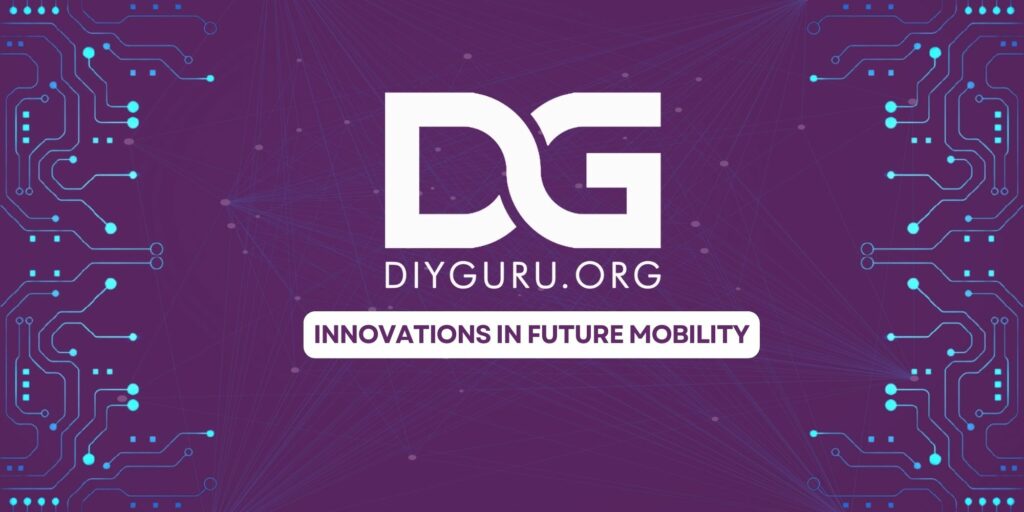
DIYguru Enhances EV Education with Upgraded PG Certification Programme
DIYguru announces the upgrade of its EV Nanodegree to a Post Graduate Certification Programme, offering existing Nanodegree students an enhanced curriculum and Post Graduate certification at no extra cost. Enrollment is open now.

Top 10 Beautiful Electric Vehicle Scooters for Girls in India 2024

Revolutionizing Sustainable Future: DIYguru’s Visionary 77th Independence Day Speech on E-Mobility
Get in touch to learn more about how you can make the best of your talent
Spend less time worrying about job availability, and more time growing your knowledge. Join DIYguru Program today.
If you’re a current student, please get in touch through the DIYguru dashboard to ask about more details of this Program.
Please note, eligibility for this course is reserved to students who have done related projects and have relevant profiles matching with the pre-requisite of this course.
The DIYguru team hold the right to cancel your admisssion into the program without any explanation via email if found unsuitable and unfit.
Our 7-day money-back guarantee starts from the moment of signup and runs through the free week. Cancellations between days 7 and 30 will get a prorated refund.
Fees for the program is charged only when the admission is approved.


